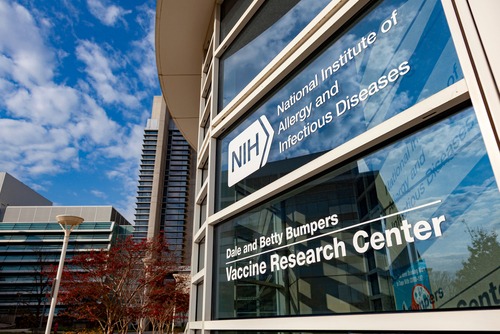
The U.S. National Institute of Allergy and Infectious Diseases (NIAID) released a new Pandemic Preparedness Plan this week, directing its research efforts toward identifying pathogens with potential for significant spread among humans and those already known to be major threats.
Informed by a November 2021 workshop and insights from the larger scientific community, NIAID made this plan to identify and address viral threats before they could emerge and wreak havoc, like SARS-CoV-2. The first focus is on potential viruses or prototype pathogens.
According to NIAID, knowledge and data gained from studying such pathogens could help build the foundations of a rapid research and product development response for other viruses within their family. Similar philosophies aided the development of SARS-CoV-2 vaccines after the start of the COVID-19 outbreak, thanks to previous research into SARS-CoV-1 and MERS-CoV. As part of this, the agency will also support critical basic and preclinical studies to characterize such pathogens, from their biology to the means they use to evade the body’s immune response and animal models of diseases.
This knowledge will also help with priority pathogens, or those viruses already identified as threats due to their potential for inflicting human illness or death. Translational and clinical research will focus on developing diagnostics, therapeutics, and vaccines so that if the time comes, the timeframe between a pathogen’s emergence and authorization of candidate products would be minimal.
NIAID intends to collaborate with other federal agencies, foreign governments, private industry, and international organizations.




